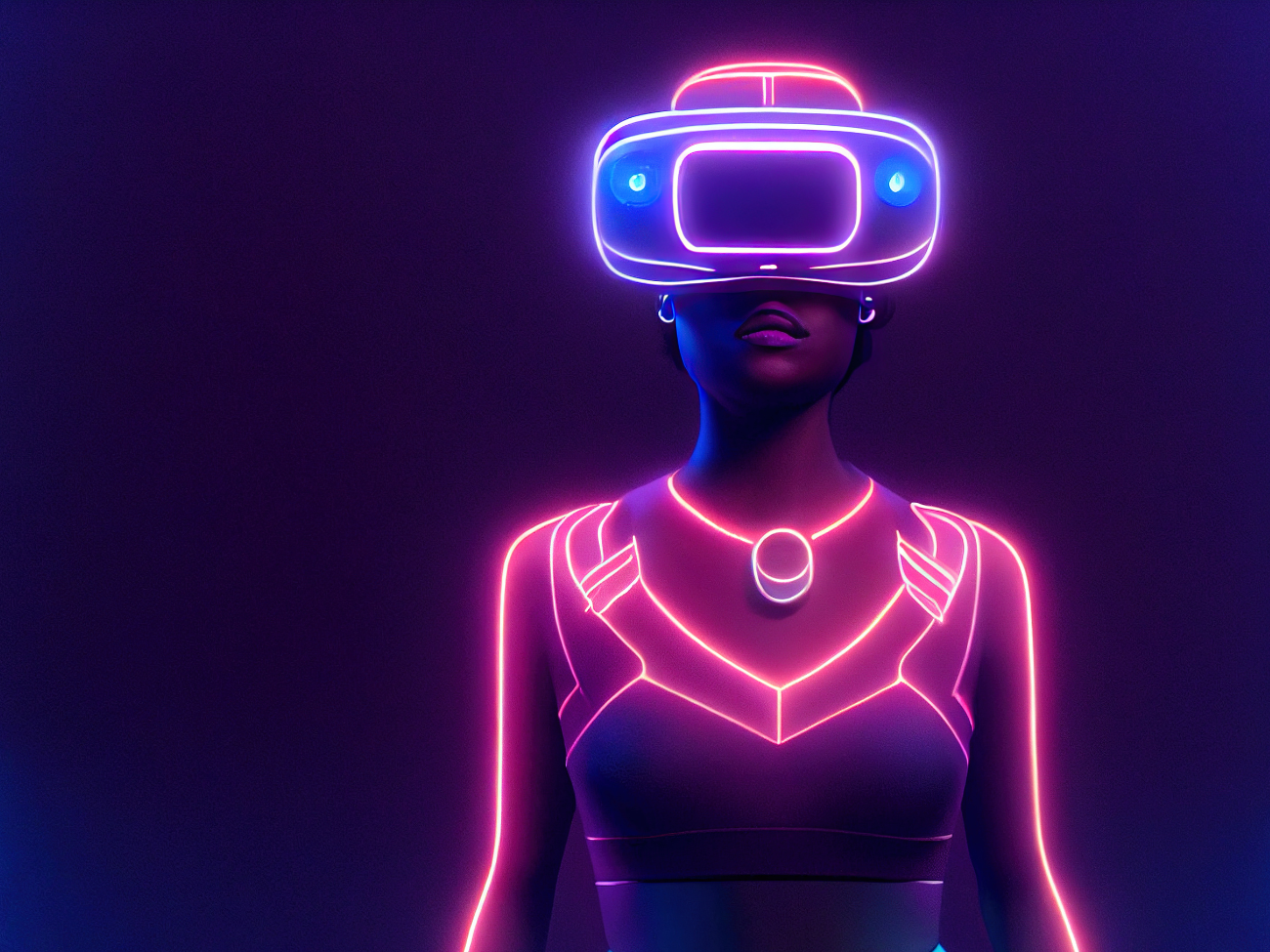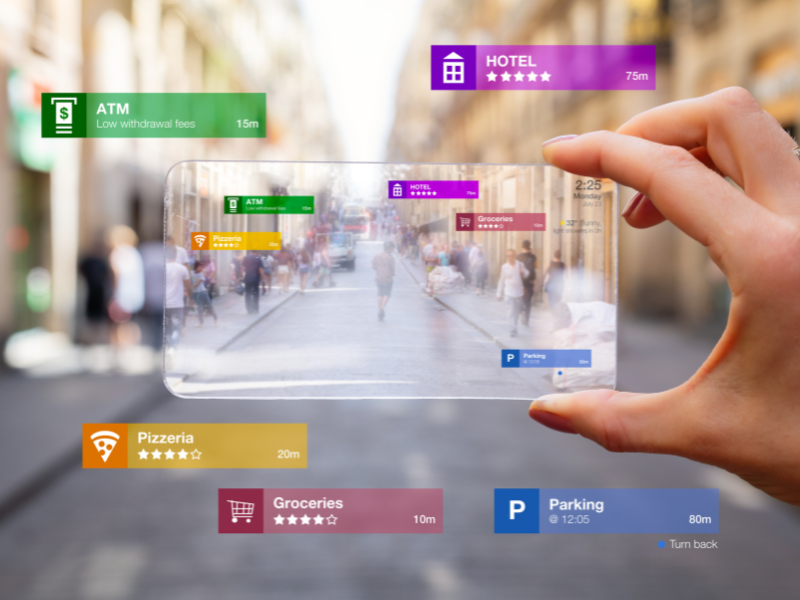
Social entertainment has significantly evolved from traditional gatherings and activities to a digitally enhanced experience.
Technological advancements have transformed how we interact, play, and connect with others, making social entertainment more accessible, engaging, and diverse.
The rise of digital platforms has introduced a new era where entertainment and social interaction seamlessly blend, leveraging the power of the internet to bring people together from across the globe.
Digital Platforms Enhancing Social Interactions
Digital platforms have significantly transformed the landscape of social entertainment, offering a wide array of interactive experiences that were once beyond our imagination.
The evolution from traditional, passive forms of entertainment to dynamic, interactive digital platforms marks a pivotal shift in how we connect and engage with one another.
The Role of Social Media
Social media platforms have been at the forefront of this transformation. They have become more than just a space for sharing updates and photos; they are now vibrant communities where users can engage in real-time conversations, participate in live events, and even co-create content.
The integration of features like live streaming, stories, and interactive polls encourages active participation, allowing users to be both consumers and creators of content.
Friendship Quizzes: Fun and Engaging
A friendship quiz on digital platforms can enhance social interactions by adding a fun, interactive element to friendships. These quizzes challenge users to answer questions about their friends, testing how well they know each other.
This engaging activity not only entertains but also strengthens bonds by encouraging friends to learn more about one another in a playful setting. It represents a unique blend of entertainment and social connection, further highlighting the evolving landscape of digital social interactions.
Gaming Apps: A New Venue for Social Interaction
Gaming apps have also played a significant role in enhancing social interactions through digital platforms. The rise of mobile gaming and the incorporation of social features within games have created new avenues for interaction.
Multiplayer games that support online cooperation or competition enable players to connect with friends and strangers alike, fostering a sense of community and shared experience. Features like in-game chat and voice communication further enhance this social aspect, making gaming a highly social activity.
Enhanced Communication with Video Calls and Chat Functions
The integration of chat functions and video calls into various platforms has revolutionized the way we communicate digitally. These features allow for more nuanced and personal interactions, bridging the gap between digital and face-to-face communication.
Video calls, in particular, have become a staple in maintaining close relationships with friends and family, enabling users to share experiences and moments in real-time, regardless of physical distance.
Multiplayer Capabilities: Connecting Users in Real Time
The ability to engage in activities together in real-time has been a game-changer for digital social entertainment.
Multiplayer capabilities allow users to share experiences as they happen, whether it’s collaborating on a project, competing in a game, or simply enjoying a virtual hangout.
This real-time interaction mimics the dynamics of physical social gatherings, making digital platforms a central hub for engaging social interactions.
The Rise of Digital Social Entertainment
From Traditional to Digital
The transformation from traditional social activities to digital platforms marks a significant shift in entertainment culture.
Where once social entertainment was confined to physical spaces and direct interactions, the advent of the internet and smart devices has expanded the boundaries of how and where we can socialize.
This digital revolution has made entertainment more personal, interactive, and accessible, changing the way we think about socializing.
The Role of the Internet and Smart Devices
The internet and smart devices are at the heart of this transformation. They have not only facilitated access to a vast array of entertainment options but have also enabled real-time interactions and collaborations among users worldwide.
The convenience and immediacy of these technologies have made them indispensable tools for social entertainment, allowing people to connect, share, and play together, irrespective of physical distance.
Innovations Transforming Social Entertainment
Augmented Reality (AR) and Virtual Reality (VR)
AR and VR technologies have brought a new dimension to social entertainment, offering immersive experiences that blur the lines between the virtual and the real world.

These technologies allow users to interact with digital environments and objects as if they were in the same physical space, providing a novel way to play, learn, and explore together.
Artificial Intelligence (AI)
AI has transformed social entertainment by personalizing user experiences and creating more engaging and interactive content.
From AI-driven recommendations to responsive game environments, AI technologies have made digital platforms smarter and more adaptive to individual preferences and behaviors.
Mobile Gaming
Mobile gaming has become a dominant force in social entertainment, with multiplayer and social networking features that encourage community building and interaction.
The accessibility of mobile games means that social entertainment can happen anytime and anywhere, making it a pervasive part of our daily lives.
These technological innovations have not only expanded the possibilities for social entertainment but have also enriched the ways in which we connect and engage with one another, marking a new chapter in the evolution of social interaction.
Challenges and Opportunities
Challenges
Digital social entertainment platforms face several challenges that can impact their growth and user satisfaction.
Privacy concerns are at the forefront, with users increasingly wary of how their data is used and shared. Ensuring robust data protection measures and transparency is crucial for maintaining trust.
The digital divide remains a significant issue, with disparities in access to technology limiting the reach of these platforms. This divide can prevent certain demographics from participating in digital social entertainment, creating gaps in the global digital community.
Opportunities
Despite these challenges, there are ample opportunities for growth and innovation in the sector. The increasing penetration of high-speed internet and smart devices worldwide opens new markets and audiences for digital social entertainment platforms.
Advancements in technology, such as augmented reality (AR), virtual reality (VR), and artificial intelligence (AI), provide avenues for creating more immersive and personalized entertainment experiences. There’s also a growing interest in platforms that promote mental well-being, offering a space for mindfulness and relaxation alongside entertainment.
Wrapping Up
Technology has undeniably transformed the realm of social entertainment, making it more interactive, accessible, and personalized.
As the sector continues to evolve, facing challenges and embracing opportunities, the future of social entertainment looks bright.
Users are encouraged to explore these innovative platforms, diving into the new wave of social entertainment that technology has made possible. By doing so, they can experience firsthand the joy and connection that come from engaging with others in this dynamic digital landscape.
Join The Discussion: